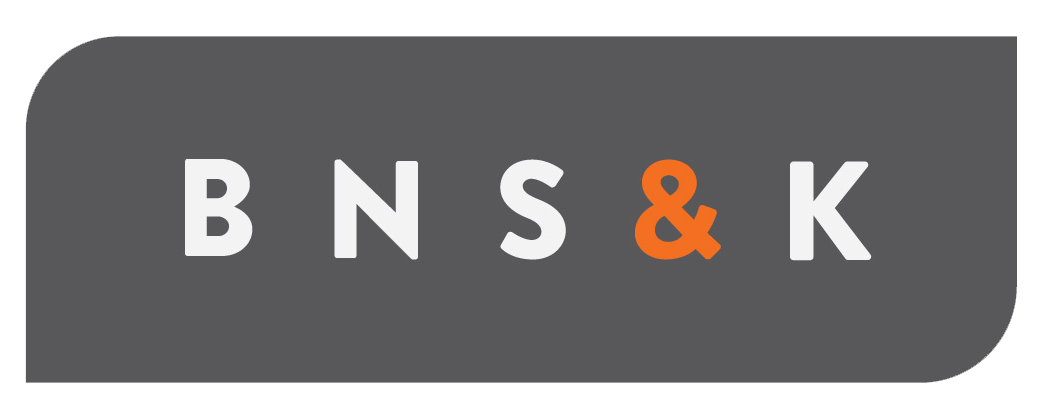On October 2, the SEC issued interpretations regarding the application of Rule 147 (17 CFR 230.147), the safe harbor provision under Section 3(a)(11) of the Exchange Act. Generally known as the “intrastate offering exemption,” issuers can claim this federal registration exemption for offers and sales to residents of the same state the company resides in – in effect providing for easier investment in local companies by local citizens. Although the exemption is relatively simple, Rule 147 provides more objective standards for companies to rely on when claiming the exemption. Earlier in April, the SEC reported that use of a third-party internet portal to promote offerings to local residents would not be incompatible with Rule 147. To comply, the portal would need adequate measures to ensure only resident citizens would be targeted. In the context state crowdfunding requirements, this would include disclaimers and restrictive legends to explain that the offer is only made to residents, as well as limiting information on available investments only to persons who confirm they are residents of the state.
In the recent interpretation, the SEC addressed whether a company could comply with Rule 147 when making offers or sales through social media or company websites. The SEC reported that the use of a company’s personal website or social media would likely involve offers to those outside of the relevant state, but acknowledged the possibility of using technology to limit offer communications only to persons residing within the state. The technology would limit communications to IP addresses that originate only from the resident state. The SEC reiterated that disclaimers and restrictive legends should also be used.
Read more on the interpretations.
